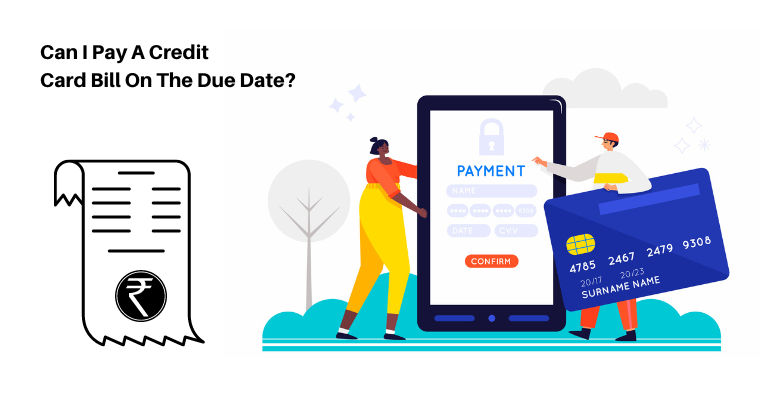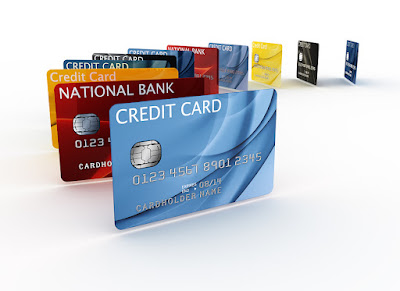Can I Pay A Credit Card Bill On The Due Date?
Credit cards have become a need today. With competitive offers and bonus points on different cards, everyone wants to own one. With several credit cards available in the market specific questions related to credit cards arise among the masses. One of them is related to the due date on which the card bill has to be paid.
Talking about the due date, you first need a brief of what a Billing Cycle is. A billing cycle is a period after which your credit card statement is generated. Suppose your previous statement was generated on the 10th of a month so your next statement will be generated on the 10th of next month. The period between these two dates is known as the Billing Cycle. Now that the statement arrives on the 10th of next month, a due date is where you have to pay for this statement. The due date is generally 20 to 25 days after your statement has been generated by your credit card company. The period between your Due date and the date your statement was generated is known as Grace Period. Any transaction that occurred during the grace period will be shown in your next statement and will give you a bit more days to pay for those transactions. Thus, the name grace period.
Coming on to the question. Yes, you can pay a card bill on its due date. But it is not advised to pay it on the due date itself. If your card issuer and your bank are different, you must pay your bill in advance, a day or two as it can take time of up to 3 days for your transaction to pop up at the credit card company’s end.
Some people practice paying the bill in advance and this is also advisable if you have a lot of balance availed in your credit. This will help in taking the toll of paying a ton on the due date and can also help in maintaining the income to debt ratio.
It is certainly not recommended to pay your credit card bills after the due date as they will bring along heavy interest rates of more than 30% and late payment fees. It also affects your credit score and can limit your credit availing opportunities.
To keep your credit card account in operation, banks have an option of the Minimum Due Payment. This refers to the minimum amount required to be paid to the bank to avoid any late payment fee or interest charges. This fee is generally a fixed amount set by the credit card company or a fixed rate like 3% of the total outstanding amount. But interest shall still be levied on the outstanding amount on your credit card bill and will be carried forward to the next statement.
Bottom Line:
I’d suggest not to pay your Credit Card bill on the due date. You can do so if you have options to pay through online mode and if your accounts are in the same banks as the credit card company. Also, avoid making late payments as it affects your credit score adversely and can cause hindrance in taking credit facilities in the future.
Additional Reading: Your Guide To Maximise Benefits Of Credit Card



It is certainly not recommended to pay your credit card bills after the due date as they will bring along heavy interest rates of more than 30% and late payment fees.
ReplyDelete